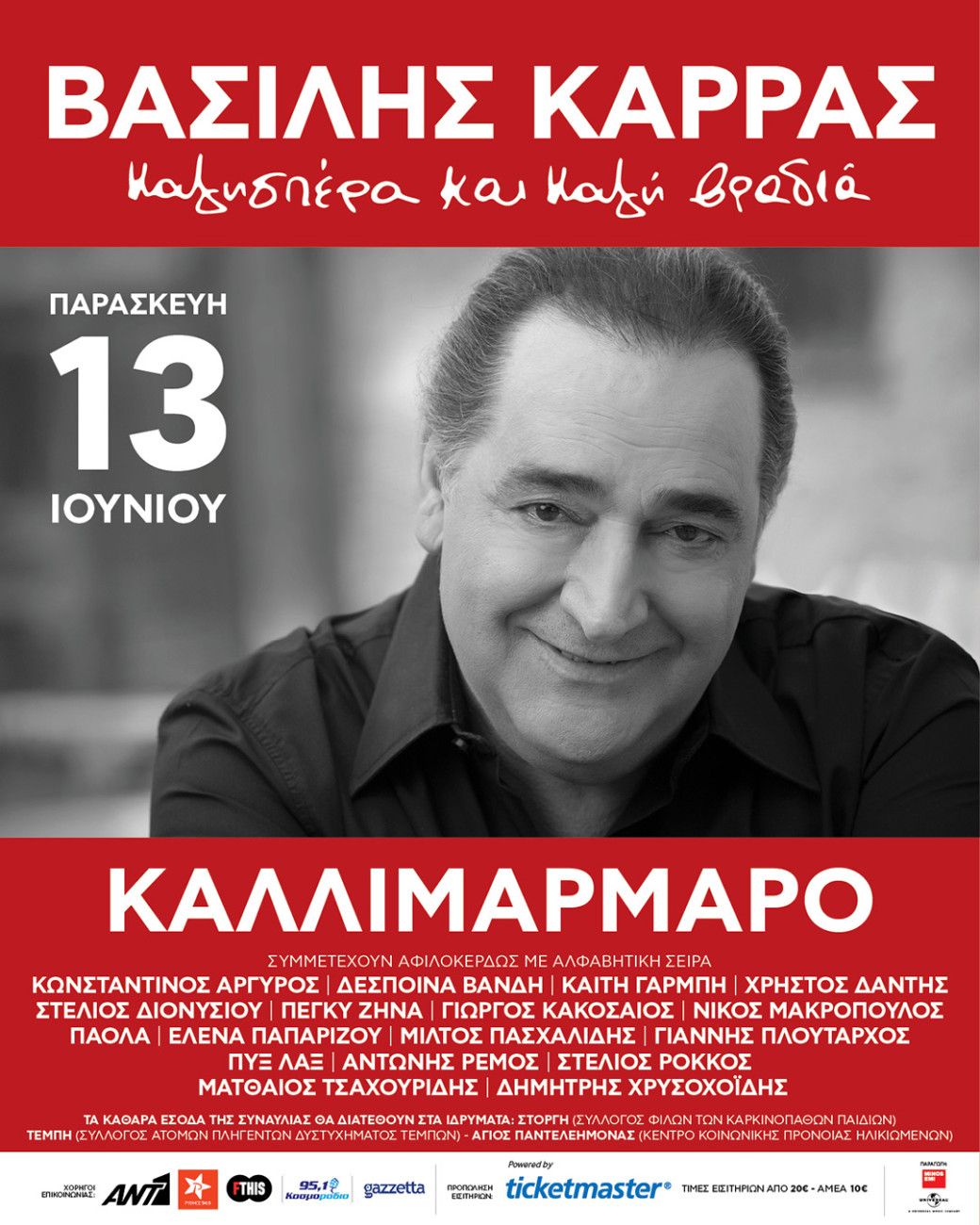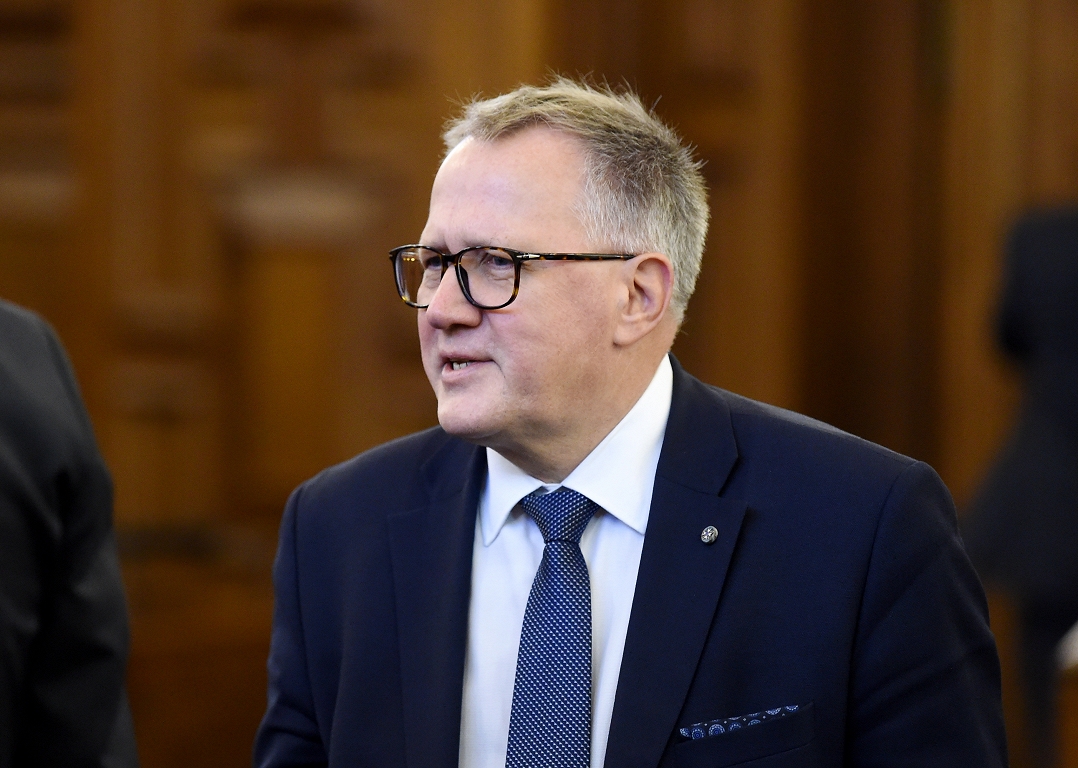The political center must make migration policy, according to the creator of the Turkey, before the radical right does it
/s3/static.nrc.nl/images/gn4/data133208108-2286f0.jpg)
Gerald Knaus does not have a glass ball, but he can already draw out how the Dutch election campaign about migration will go. On the one hand, the call will sound to bring the number of asylum seekers to zero by tearing on European rules and international treaties. On the other hand, you will hear that nothing is wrong.
And in between: the political center that does not know what to do in this discussion. « Helpless, incompetent and cynical, » Knaus sighs. With his European Stability Initiative, he became primarily known as the architect of the Turkey. That deal formed the basis For the European answer to the 2015 refugee crisis. The Austrian knows the migration debate like no other.
After ten years, politicians everywhere in Europe seem to be in the grip of immigration. Knaus, who is briefly visiting Brussels to put the finishing touches to a book about Europe, looks at it with sadness. He is annoyed by the lack of detail with which the discussion is being conducted. And perhaps even more: the lack of seriousness with which many mainstream parties treat the subject of migration. « Democracy and the rule of law are at stake when they leave this to the radical right. »
You can also say: the European asylum figures are lower than ten years ago. Why do middle parties have to conduct the debate on migration, if Wilders mainly benefits from it?
That tendency to play down is misleading and it doesn’t work. If you look when a country like Germany received most asylum seekers in the last decades, the five peak years are all in the last ten years. And then the Ukrainians are not included. The story is comparable in Austria. Vienna, my hometown has recently grown with 50,000 inhabitants in a year, largely due to migration. Of course that puts pressure on the facilities. You don’t have to deny that.
Austria introduced a stop at family reunification in March, just as Wilders argued for the Netherlands in its ten -point plan, pointing to that pressure on facilities. But that plan probably died with the European judge.
Yes, and that is why the plan is unwise. Such a stop on family reunification is especially symbolic, while the damage is great. That stop will only apply temporarily, because it clearly goes against European law and the Austrian government consists of parties who respect judgments of the court. This way you can make it very easy for the radical-right flank to say: you see, the EU and the judge are the problem. Their answer is therefore simple: vote for us, we get out or we just ignore that statement.
There are more countries that feel thwarted, very little seems possible. In Germany, the Merz government now remains asylum seekers refusedespite a judgment of the judge.
That is an extremely ineffective solution. As long as you do not build fences on the border, people will keep coming in and nobody wants a border around Germany. Moreover, you only slide people around within the European Union, while you should not solve the problem on the inner borders but to the external borders. The only result is that you confirm the story that radical-right parties proclaim: that the judge is the problem. With that you open the door for parties who want to break down the rule of law.
Those radical-right politicians also have no solution, you say.
They have that, just look at the US. Trump has groups of migrants secured, deports them to El Salvador and lets them go away in a prison where they might never come out again. It is pure terror, but effective. If you are willing to terrorize people, they will stay away. The numbers of migrants who cross the border from Mexico to the US have plummeted.
And if you don’t want to do that?
Of course you don’t want this, you want to respect human rights. But that does mean that you can’t sit still. You will have to come up with solutions that show that you have a grip on the numbers, without violating our treaties.
Or are the judges simply too strict? Last month, nine European countries complained that the judges of the European Human Rightenhof them no space bid.
The Turkey deal that we devised in 2016 caused the numbers to the Greek outdoor border shrink into a fraction of what they were before. A judge never ruled that it was contrary to the European treaties. With many of the plans that are now stranding, you can wonder whether the politicians they announce actually want them to succeed. Or are they only looking for someone they can blame for their own failure?
Refugees are now being abused in Turkish detention centers who have been paid with EU money and there is collaboration with Libya and Tunisiadespite objections from NGOs.
That is because the EU has given up the hope in a human way to get a grip. You also saw it at Joe Biden in the US. First you pretend there is no problem at the border. Then the numbers increase, but there is no plan. And what did Biden do a few months before the elections? He introduced an asylum ban, exactly what Trump would like!
What image do you put at the voter? That’s how I see it going in Europe. Either it is pretended that there is no problem, whether one will collaborate with the Tunisian government, which dumps migrants in the desert.
What would you commit yourself if you could advise the migration minister in the Netherlands?
We start in Europe. Between France and the United Kingdom now cross 40,000 people every year through the channel, who apply for asylum there. How can you expect from other countries to take back their migrants from the EU, if you refuse to set the right example? You say: from now on the EU takes those people back, and in exchange the UK takes over a predetermined number of asylum seekers every year. The smuggling on the channel will decrease automatically, because the crossing will be useless.
Then you will approach partner countries with the same logic, for example in West Africa. If they take back the migrants who arrive in the Canary Islands, they also get something in return: traveling easier, scholarships, money, agreements about an X number of asylum seekers and migrants. And there too you will see that the numbers fall back.
With this model you can reduce smuggling and mortality on the most important migration routes. You prefer to do that in the EU context, but even with a leading group of countries you can go a long way.
You were rather positive about the British plan for asylum seekers to Rwanda to bring. The UN refugee organization UNHCR was very skeptical about that proposal.
But in the meantime, the same organization is working with Rwanda in evacuating migrants in terrible circumstances from Libya. Then Rwanda is suddenly okay. That is why I hope that such an organization like UNHCR will think about what is now realistic and feasible. There is a big difference between a shadowy deal with the Libyan coast guard and a well -coordinated appointment with Rwanda, Ghana or Senegal.
A big criticism is that such a country can often take care of only a few thousand people. Isn’t it a political theater then?
The effectiveness lies in the fact that you do not need much reception capacity with a credible plan. Then people no longer get into those rickety boats. When we presented the Turkey at the head of the Greek asylum service, she also wondered how to catch and send so many people day in day out. At that time, in February 2016, they received two thousand people a day. In May of that year, only fifteen hundred people arrived throughout the month. The smugglers gave up, their model was broken.
And why would voters in Europe support this if they don’t feel like immigration at all?
The first visible difference is that there will be far fewer migrants whose asylum request will be rejected, but who are not leaving. A second difference is that the group will be more than you are: fewer men, more women and children. I do not want to demonize male refugees, but at the moment the refugees arriving are a reflection of hell that is the crossing, not all refugees.
Do not underestimate how important it is to have that sense of control and control. Just look at Canada and Australia, two countries that can take up large numbers of immigrants because they feel they have the numbers to control.
You put a lot of emphasis on the importance of another migration policy to take the wind out of the sails. Did you find this as important if those parties were not great?
Certainly, even though radical-right would not have a seat in a parliament. We currently have a system in which 3,000 people drown on their way to Europe every year. We have the deadliest border in the world. How can that be defended? It is not just an election story, it is a moral obligation.

:format(webp)/s3/static.nrc.nl/wp-content/uploads/2024/07/22171048/web-2307BUI_Argentina1.jpg)
/s3/static.nrc.nl/images/gn4/stripped/data133478761-ceb5eb.jpg|https://images.nrc.nl/wOJ2rxFXBAVSJ--4HVa1-EhU4WA=/1920x/filters:no_upscale()/s3/static.nrc.nl/images/gn4/stripped/data133478761-ceb5eb.jpg|https://images.nrc.nl/4V4WojCpq3BNu1qjKj_YdokQkVw=/5760x/filters:no_upscale()/s3/static.nrc.nl/images/gn4/stripped/data133478761-ceb5eb.jpg)
:format(webp)/s3/static.nrc.nl/wp-content/uploads/2025/03/27222511/data130005642-ed9ae0.jpg)



